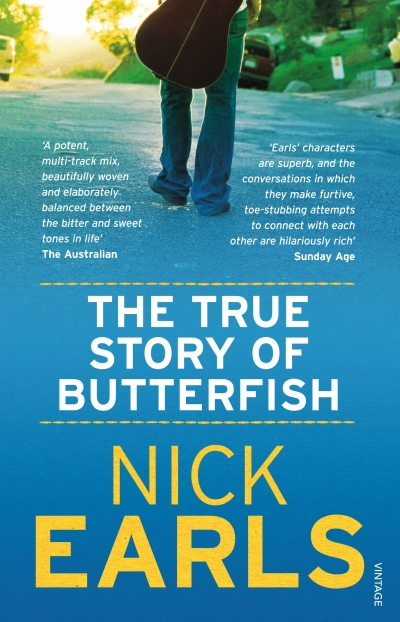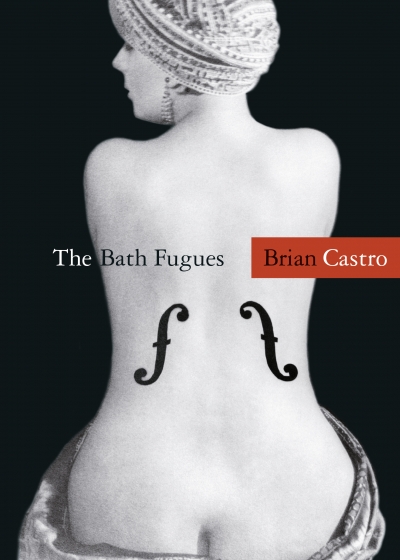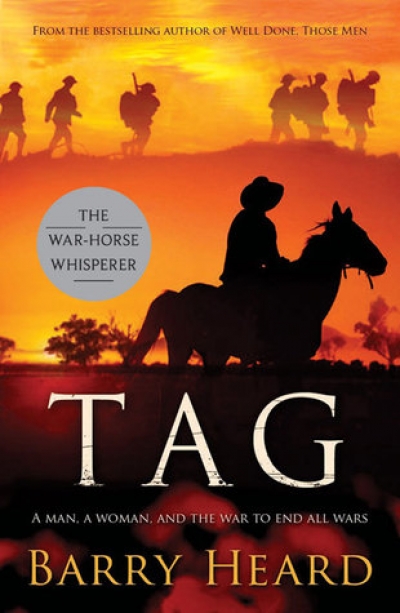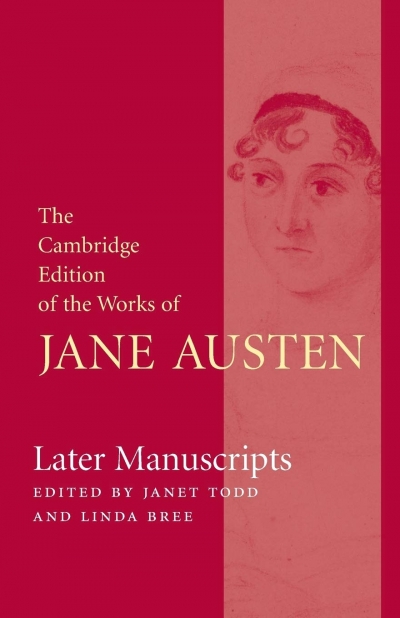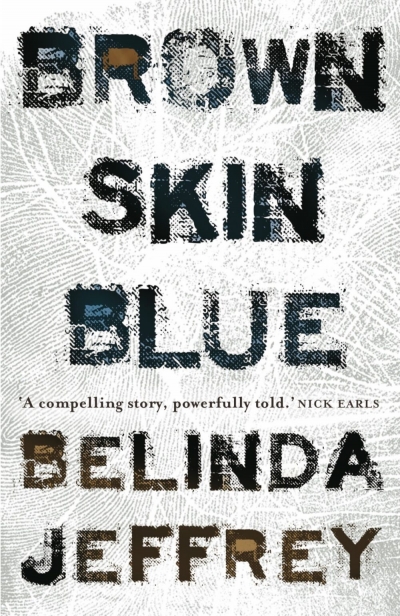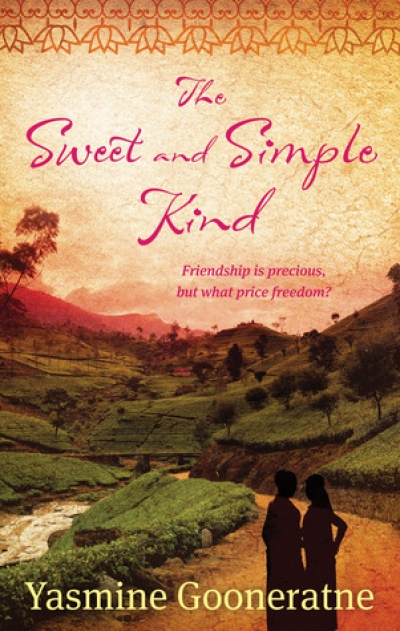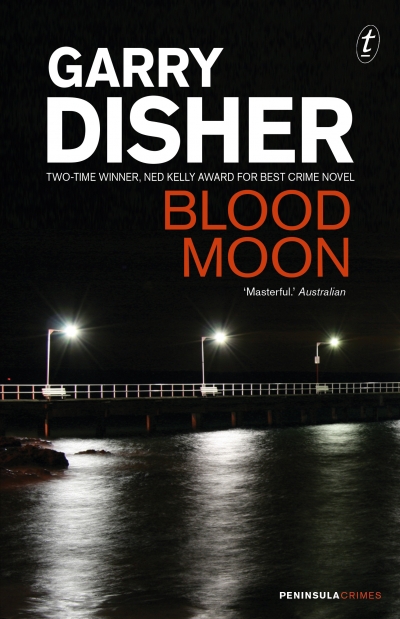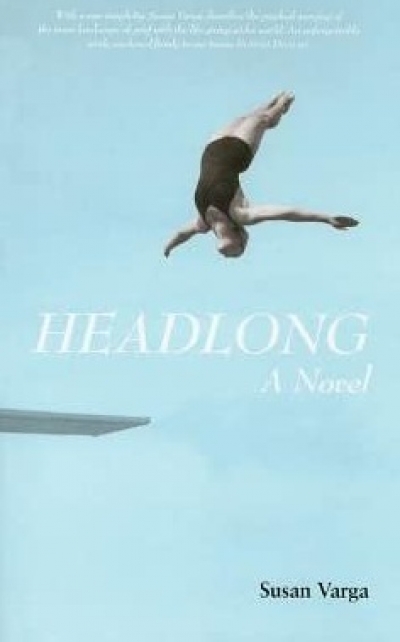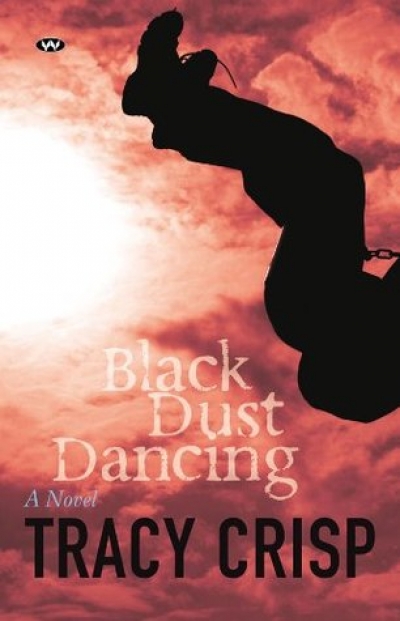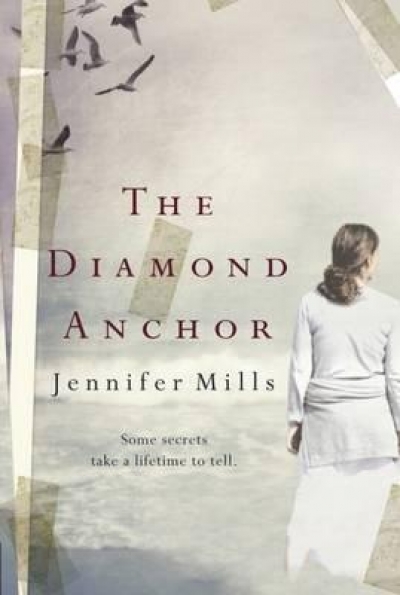Fiction
Though born and bred in Brisbane, I had never read anything written by Nick Earls prior to this assignment. The closest I had come was a book reading over a decade ago when Earls amused the audience with excerpts from his Bachelor Kisses (1998), before the late Grant McLennan beguiled them with an acoustic rendering of The Go-Betweens song of the same name. The Go-Betweens connection remains palpable in Earls’s latest novel, The True Story of Butterfish. The title of the failed third album of the fictional rock band Butterfish, Written in Sand, Written in Sea, can be nothing other than an allusion to ‘Man O’ Sand to Girl O’ Sea’, the song which rounds out Forster and McLennan’s classic record Spring Hill Fair. Beyond that, references abound to the streets, monuments and cloying humidity of the Queensland capital Nick Earls what to Brisbane as Lou Reed is to New York. Earls is also one of a long line of individuals Anton Chekhov, Stanislaw Lem, J.G. Ballard and others who gave up a career in medicine for a life of literary endeavour. Yet while the work of Ballard, to take the most contemporary example, includes disfigured bodies, transplanted limbs and exotic diseases, Earls seems to have left his life as a sawbones far behind. It is rather his misfortune to have been associated with the style known as ‘lad lit’, for which Nick Hornby is poster-boy.
... (read more)Living as a displaced person in Berlin during the early 1930s was no picnic, especially if you happened to have a Jewish wife. This was the situation Vladimir Nabokov found himself in, so it is hardly surprising that at one point he considered emigrating to Australia. Had he done so, how different would our literature look today? Perhaps we would have more novels like Brian Castro’s latest, for The Bath Fugues is so stylish, cosmopolitan, sinister and funny that it could justly be called Nabokovian in its lineage. This is not so much a departure for Castro as an amplification. His narrators have always been a slippery bunch and his prose invariably lavish, but rarely has his tone been as darkly comic as it is in this new novel.
... (read more)Tag: A man, a woman, and the war to end all wars by Barry Heard
On the inside of the title page, we learn that this is a work of fiction to be shelved alongside other books about horse whisperers. Together with the schmaltzy subtitle, this is a less than promising start. Not that I am fundamentally opposed to animal stories. But horses? I distrust whatever parades as noble, whether beast or human. Horses are for viewing from a distance.
In this novel, young Tag Wardell becomes renowned for his marvellous way with horses, both in his native Gippsland and later in the army. I am none the wiser about what exactly he does, or why he is so exceptional. He treats animals decently, talks to them and doles out oats from his pocket. Give him the chance, and he’ll brush them down. Once he even gives a nurse the same treatment. There is no magic in this. What it translates to is that everything and everyone has their price.
... (read more)Later Manuscripts: (The Cambridge Edition of the Works of Jane Austen) edited by Janet Todd and Linda Bree
The prospect of discovering another work by a favourite author is always a pleasing one, even if the reality, when it is actually encountered, is sometimes disappointing. With a writer like Jane Austen, with only six published novels, who would not wish for some further delights to be unveiled? When Austen died, her sister, Cassandra, was left with the unpublished manuscripts of a number of juvenile writings and later works. After Cassandra’s death, members of her family had them in their hands (or perhaps one should say ‘on their hands’, given their subsequent feeling that the possession entailed a level of somewhat burdensome responsibility).
... (read more)The Adelaide River in the Northern Territory is both a small township and a river that is an infamous cruising zone for sizeable salties. Here, thrill-seekers frequent ‘Jumping Croc Tours’ and dine out on the local specialty of barramundi and hot chips. Resting on the Stuart Highway, 201 kilometres north-west of Katherine and 114 kilometres south of Darwin, the township’s population is around 250. The location’s in-between status is ideal for this story of splintered lives.
Brown Skin Blue’s hero, Barry Mundy, is on the threshold of adulthood, and like most adolescents he is wrestling with identity; but in Mundy’s case the struggle is compounded by not knowing who his father is, or even his own racial heritage. Some call him an indigenous Australian; others call him ‘Darkie’, ‘Brownie’ or ‘Dirt’. His mother is white-skinned; he is not. In the midst of this bewildering ambiguity, the seventeen-year-old’s troubled introspection and sexual awakening are spiked by unwelcome flashbacks of a devastating childhood trauma. Suspended somewhere between longing to forget and wanting to remember, Mundy is deeply conflicted.
... (read more)The Sweet and Simple Kind: A novel Of Sri Lanka by Yasmine Gooneratne
The Gooneratnes’ mountain bungalow, overlooking rippling tea plantations, is called Pemberley, after Mr Darcy’s mansion. A wall plaque commemorates Elizabeth Bennet’s description of it. In the style of a modern Jane Austen, Yasmine Gooneratne takes up the enduring and universal question of who will marry whom, as Vikram Seth did in his mega-novel A Suitable Boy (1994), and at similarly entertaining length. The topic is Bollywood’s favourite too, but before writing The Sweet and Simple Kind, Professor Gooneratne, a specialist in eighteenth-century fiction and poetry, had not seen the film adaptation of Pride and Prejudice.
... (read more)It is ‘Schoolies’ Week’, and Waterloo, on the Mornington Peninsula, hosts a crowd of teenagers who, for various reasons, shun more fashionable parties on the Gold Coast. The police try to ensure that the kids practise safe sex and don’t become victims of their own excesses with drugs and alcohol, nor of the ‘toolies’ who scavenge the festival fringes. Liaison officer Constable Pam Murphy, recently transferred to detective duties, has encountered few serious problems but warns her superiors that an impending lunar eclipse could produce ‘the ultimate high’.
... (read more)Susan Varga’s latest novel, Headlong, is set in Australia in the opening years of the twenty-first century, with the Tampa episode and detention camps as background. This setting reflects Varga’s own work with refugees and the Nazi camps of her family’s Hungarian past. Headlong relates the downward spiral that the previously indomitable Julia undergoes after the death of her husband. Her two children – the narrator, Kati, and her brother – try everything to restore their mother to physical and mental health, but Julia is adamant: life is hell. The fact that she escaped the Holocaust with her daughter and survived the horror of those years makes the story all the more poignant and distinct from similar stories of grief. Why has this loss defeated her, when she has met every other challenge in life? Has it unlocked the hidden pain of earlier years? This question, and Kati’s ensuing grief and sense of guilt, sustain the novel.
... (read more)The front cover of Black Dust Dancing depicts the silhouette of a child playing on swings against the backdrop of a blood-red sky. This image suggests the suspense and dread that is missing from the novel, which is, for the most part, slow and uneventful.
Dancing, set in a rural South Australian town, opens with young mother Heidi becoming puzzled by her son Zac’s sudden ill health. This malady is eventually attributed to the ‘traces of historic lead’ found in the black dust that blows through the town. Zac’s diagnosis is made by Caro, a local doctor who is having difficulties (albeit of an emotional kind) with her own daughter, and whose own health is threatened by her penchant for cigarettes and alcohol.
... (read more)The Diamond Anchor by Jennifer Mills & The China Garden by Kristina Olsson
It is a common assumption that nothing much happens in small country towns; that they are insular places where people live their entire lives, unchallenged by the outside world. But I never found the towns I lived in to be stagnant: conservative and sometimes small-minded, yes, but never uniformly dull. Individuals and families come and go; people run away or arrive, seeking refuge; people return after years of absence to settle down again.
... (read more)

